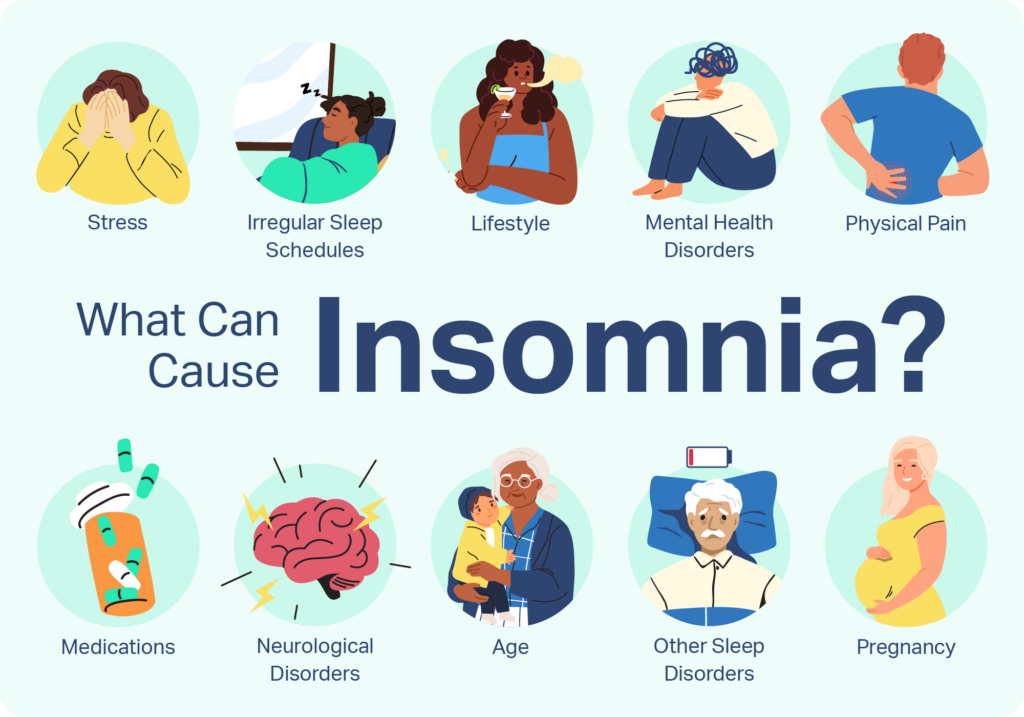Alcohol use disorder is a chronic condition characterized by excessive alcohol consumption, leading to significant impairment and distress. It involves a compulsive pattern of alcohol use that interferes with various aspects of life, including work, relationships, and health.
Symptoms of Alcohol Use Disorder
Individuals with alcohol use disorder may exhibit the following symptoms:
- Cravings: Strong urges to drink alcohol.
- Tolerance: The need to consume increasing amounts of alcohol to achieve the desired effects.
- Withdrawal Symptoms: Experiencing physical and psychological symptoms when alcohol consumption is reduced or stopped, such as anxiety, irritability, tremors, and seizures.
- Failed Attempts to Cut Down or Quit: Repeated attempts to reduce or stop drinking but failing to do so.
- Excessive Time Spent Drinking or Recovering from Drinking: Prioritizing alcohol consumption over other responsibilities.
- Social and Occupational Problems: Neglecting work, school, or family obligations due to alcohol use.
- Risky Behavior: Engaging in risky behaviors while under the influence of alcohol, such as driving under the influence or having unprotected1 sex.
- Continued Use Despite Negative Consequences: Persistent alcohol use despite experiencing negative consequences, such as health problems, relationship difficulties, or legal issues.
Treatment for Alcohol Use Disorder
Treatment for alcohol use disorder often involves a combination of therapies and medications:
- Detoxification: A medically supervised process to safely withdraw from alcohol and manage withdrawal symptoms.
- Behavioral Therapies: Cognitive-behavioral therapy (CBT) can help individuals identify and change negative thoughts and behaviors related to alcohol use.
- Medication: Medications like naltrexone and acamprosate can help reduce cravings and prevent relapse.
- Support Groups: Support groups, such as Alcoholics Anonymous (AA), can provide a supportive environment and help individuals develop coping strategies.
Seeking professional help is crucial for individuals struggling with alcohol use disorder. Early intervention and treatment can significantly improve the chances of recovery and lead to a healthier, more fulfilling life.



